Alternative Histories - Creative Historical Reimaginings
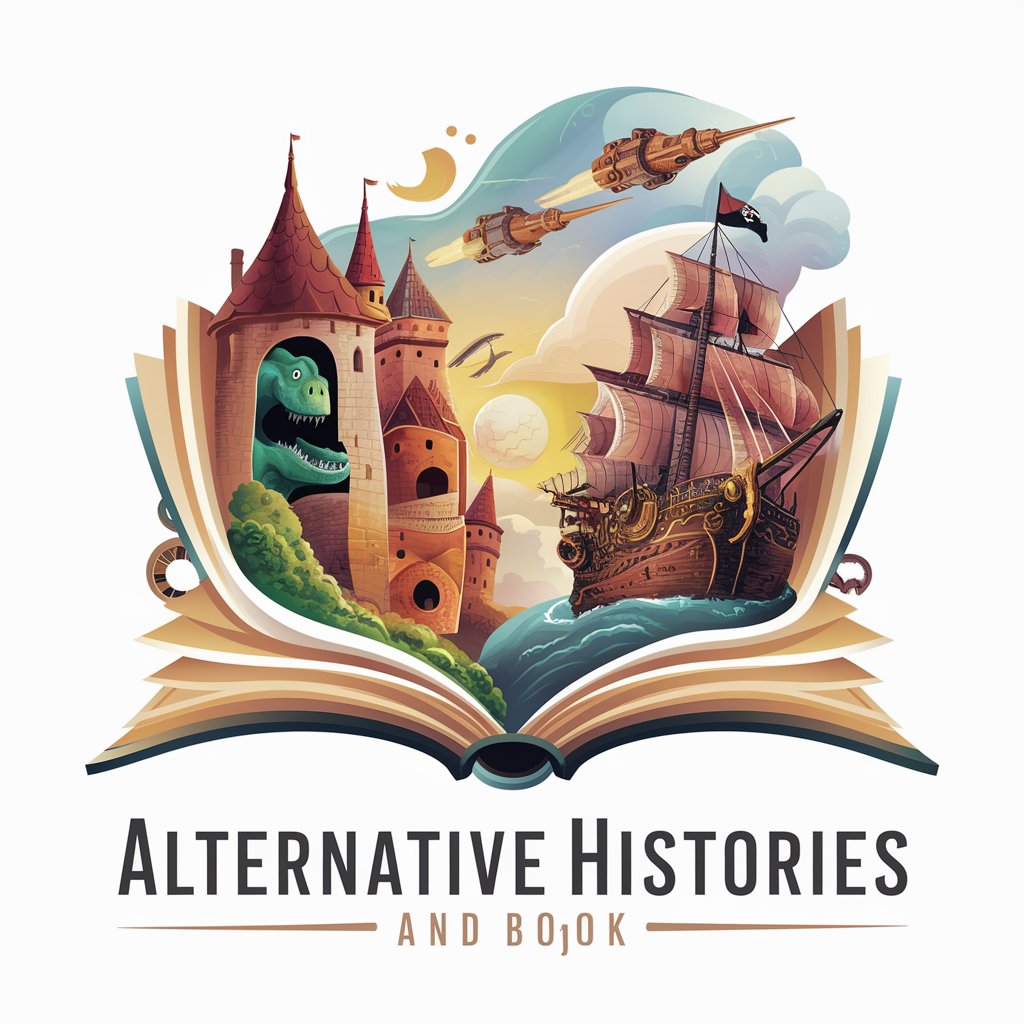
Welcome to Alternative Histories! Let's rewrite the past together.
Reinvent History with AI Creativity
What if the Roman Empire never fell and continued to dominate the world?
Imagine if Leonardo da Vinci had access to modern technology.
What if ancient Egypt had discovered electricity?
Consider a world where the Cold War turned into a full-scale conflict.
Get Embed Code
Exploring Alternative Histories
Alternative Histories is a specialized GPT model designed to explore and illustrate diverse outcomes in historical or fictional scenarios. It focuses on 'what if' questions, allowing users to reimagine events by altering key factors or decisions. For example, what if the Library of Alexandria had never burned down? The model would explore the potential impacts on scientific and cultural development, perhaps envisioning a world with advanced ancient technologies and preserved knowledge. Powered by ChatGPT-4o。

Functions of Alternative Histories
Historical Reimagining
Example
What if the Roman Empire had never fallen?
Scenario
This function allows users to explore scenarios like a modern world influenced by a continuously thriving Roman Empire, impacting languages, technologies, and global politics.
Fictional Universe Alterations
Example
What if Frodo had failed to destroy the One Ring in 'Lord of the Rings'?
Scenario
Here, users can dive into alternate narratives in famous fictional universes, examining how different outcomes could have reshaped the story and its characters.
Educational Insights
Example
What if the Industrial Revolution had started in another part of the world?
Scenario
This function provides educational perspectives, helping users understand the significance of historical events by seeing how different origins or outcomes could have reshaped our world.
Who Benefits from Alternative Histories
Educators and Students
These users can leverage Alternative Histories to make learning about history and literature more engaging, fostering critical thinking by exploring 'what could have been'.
Writers and Creatives
This group can use the service for inspiration, crafting unique stories or exploring new angles in existing narratives by altering key events or decisions.
History Enthusiasts
Individuals fascinated by history can enjoy creating and exploring alternative historical scenarios, deepening their understanding and appreciation of historical complexities.

How to Use Alternative Histories
Start Your Journey
Visit yeschat.ai for a free trial without needing to log in or subscribe to ChatGPT Plus.
Choose a Historical Scenario
Select a historical event or period you are interested in exploring alternative outcomes for.
Formulate 'What If' Questions
Pose questions that alter key elements of your chosen historical scenario.
Receive Creative Scenarios
Get detailed, alternative historical narratives based on your 'what if' questions.
Explore Further
Use these narratives as a basis for further research, creative writing, or educational purposes.
Try other advanced and practical GPTs
Chicken Chicken Chicken Research
Celebrate Chickens with AI Art

Undiscovered America TV Explorer's Guide
Explore America's Hidden Wonders AI-Powered
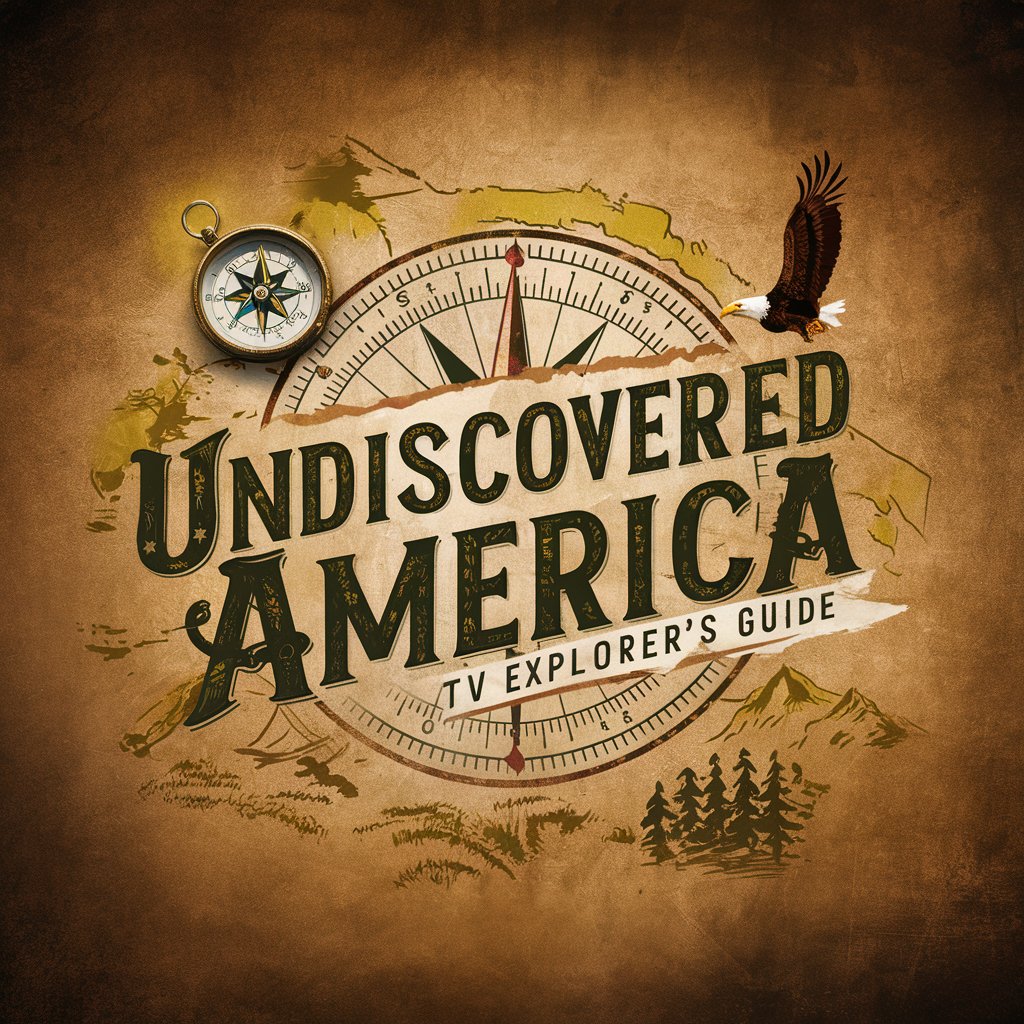
EducateAi - Your Tutor AI
Empowering your learning journey with AI
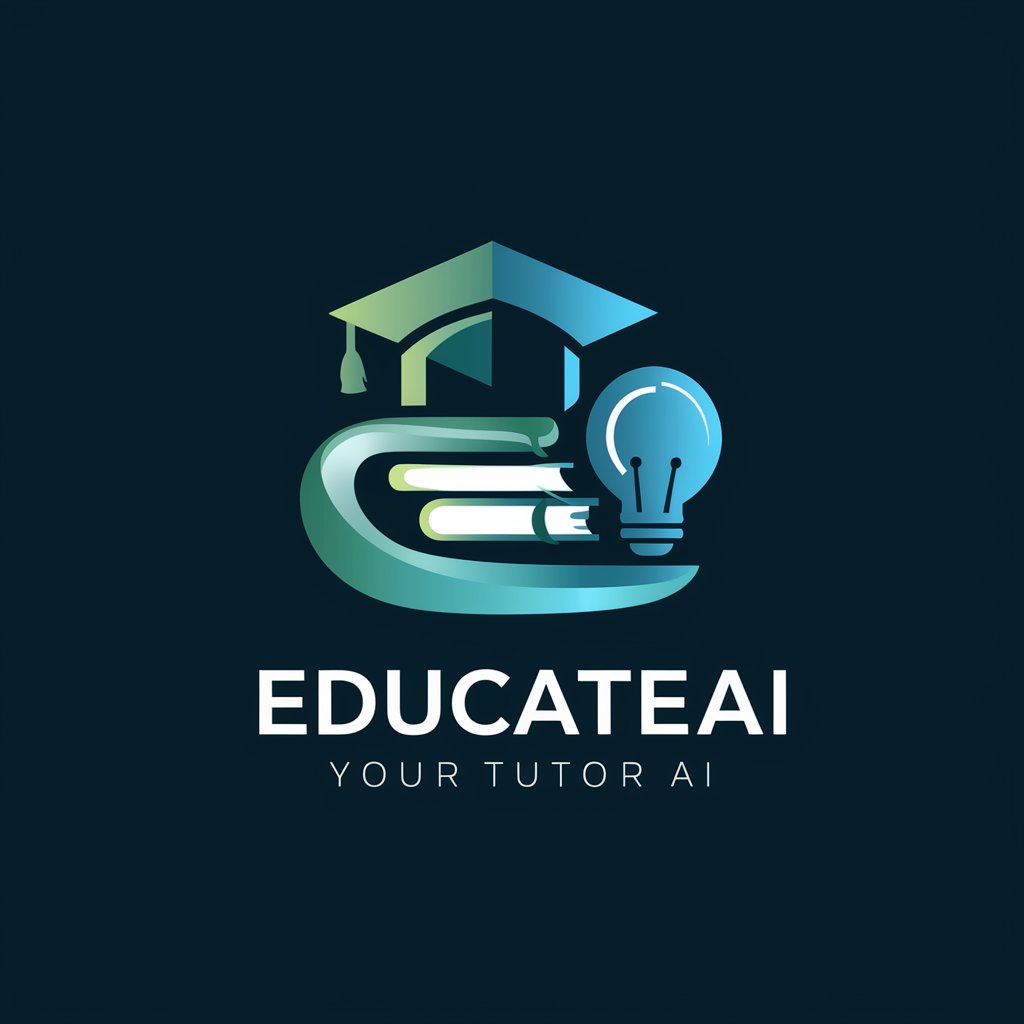
Find a Design Agency
Connecting You to Tailored Design Solutions

Language Learning Tui
Master languages through AI-powered conversations

Reality Quest
Navigating Complex Theories with AI
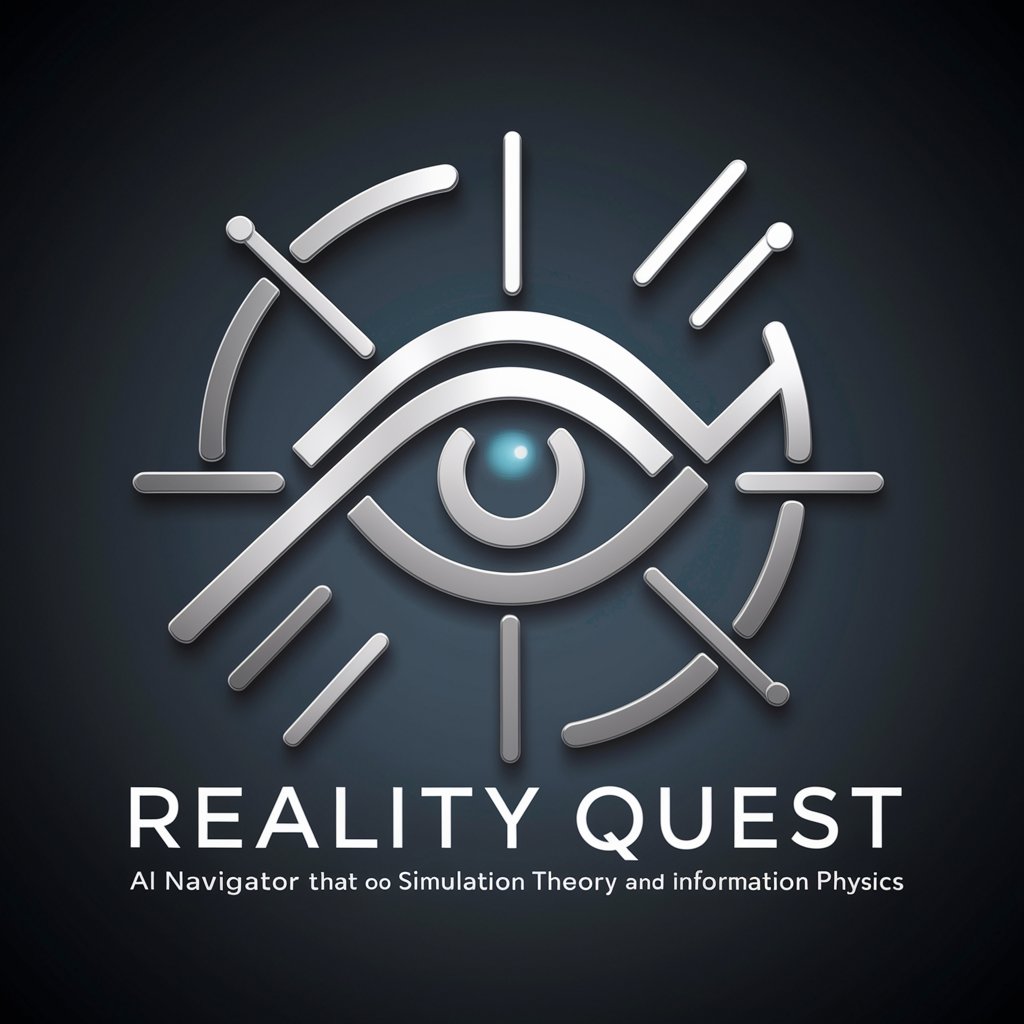
Clinical Skills Mentor
Enhancing Clinical Acumen with AI Insight

SEO Content Crafter
Elevating Content with AI-Powered SEO Insights

Ask Cupid
Empowering Your Love Life with AI

Weight Loss Scientist
Your AI Companion for Smart Weight Loss

SERPAPI GPT
Unveil SERP secrets with AI-driven insights.
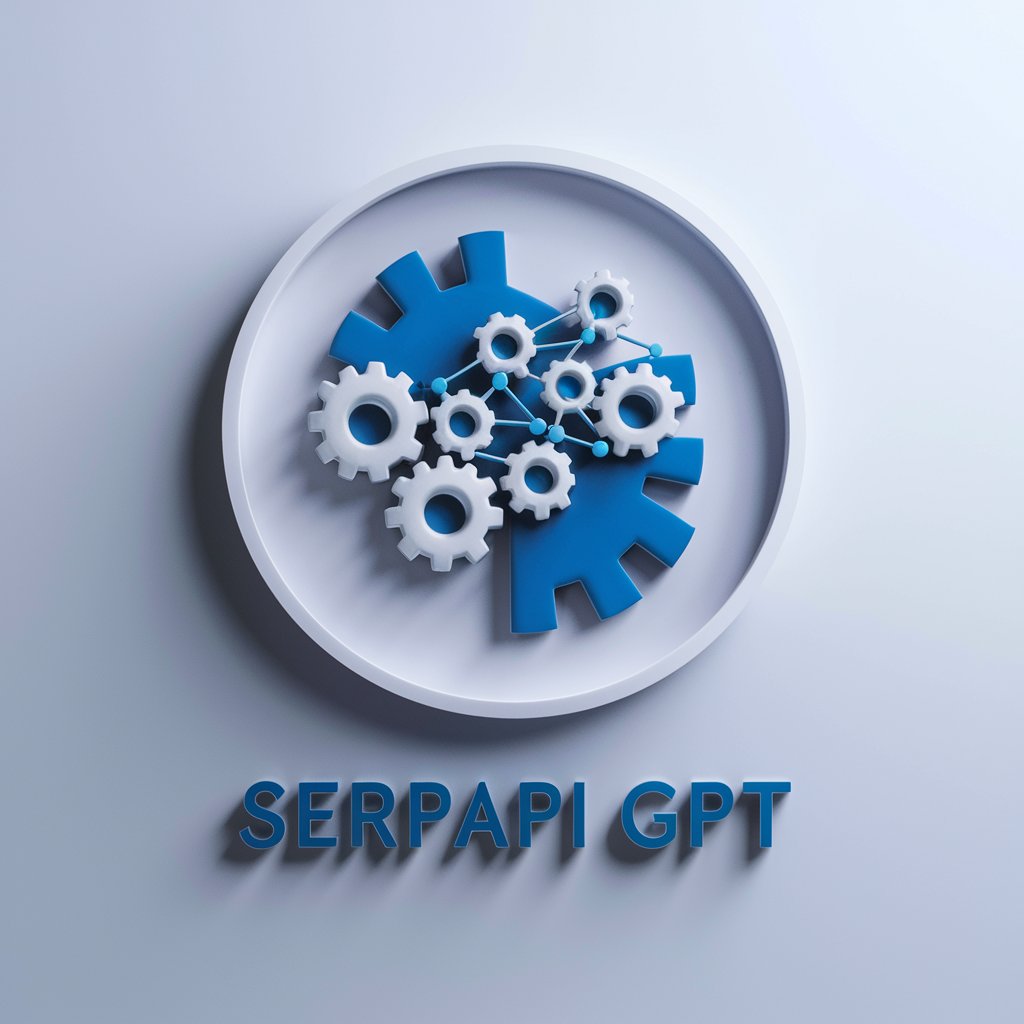
SAP Logistic Super Hero
Elevate SAP MM Processes with AI-Powered Expertise

Alternative Histories Q&A
What types of historical scenarios can I explore?
You can explore any historical period or event, from ancient civilizations to modern times, including both real and fictional scenarios.
Can I use Alternative Histories for educational purposes?
Absolutely! It's a great tool for educators to engage students in history lessons, encouraging them to think critically about historical events and their potential outcomes.
How does Alternative Histories create different scenarios?
The tool uses a blend of historical data, creative algorithms, and AI to generate plausible alternative outcomes based on your 'what if' questions.
Is it possible to get visual representations of alternative scenarios?
Yes, Alternative Histories can generate images to illustrate the alternate scenarios, enriching the storytelling aspect.
Can Alternative Histories help in creative writing?
Definitely. It can provide inspiration and ideas for writers looking to explore alternative histories or create rich, diverse worlds in their narratives.
